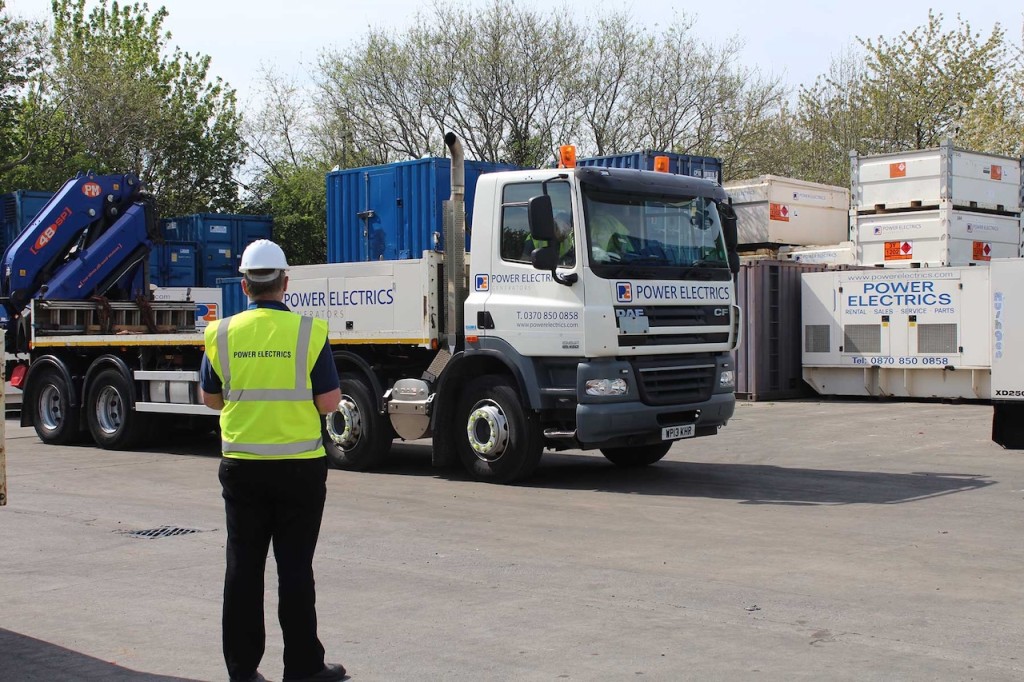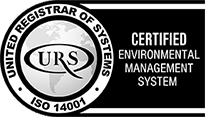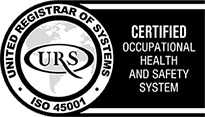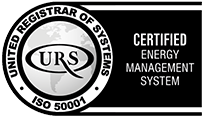Whilst used generators are typically reliable, like buying a second-hand car, it’s difficult to judge how the previous owner treated the equipment. Knowing what you should be looking for when purchasing a pre-owned generator is therefore important. Power Electrics recommends these five things you should check before buying.
1. Load Bank Testing
A mobile load bank unit aims to accurately mimic the operational load your generator will achieve whilst running. It’s essentially a large kettle that matches the power output of the generator and ensures the generator isn’t deteriorating to the point where one day, it can no longer provide power to the building and will consequently shut down.
2. The Supplier
Where and who you buy your used generator from is crucial as it will give you some insight in to the condition you can expect your equipment to be in. Industrial diesel generators are complex pieces of machinery that need to be maintained and tested by certified engineers for them to operate at an optimum efficiency.
We highly recommend you choose a supplier that has a full understanding of generators and a proven, positive track record of selling used generators. This ensures that they’ll have checked the generators thoroughly before selling it on. Generators can prove costly and so it’s important to ensure you buy from professionals and/or an organisation you can rely on.
3. Age, Hours, and Usage
One of the first things on your list should be checking the run-time, age and usage of the generator set you’re interested in buying. Just like cars, most generator engines have an odometer reading that tells you how many hours it has on it. It’s also helpful to know what it was used for, and whether it was used as a standby or ongoing power source.
A generator that has been used for purposes of standby or backup power will usually be better maintained and be in better condition than one used for purposes of a prime power source. But, do keep in mind that dealers typically acquire generators through foreclosures and auctions and so, often, they’ll have no idea of its history or where it came from.
4. Manufacturer’s Reputation
When looking to buy a used generator it’s recommended that you take note of the generator manufacturer’s history and reputation. It goes without saying that any manufacturer with bad reviews or reputation should be avoided when possible. It’s better to invest and have peace of mind in knowing that you’ve chosen a trusted manufacturer who has a good reputation for producing reliable equipment.
5. Visual Checking
If not you, then trained personnel should check all mechanical components on a generator for wear or fatigue including whether any of the parts have cracks or corrosion build-up. Any parts found to be questionable should always be replaced. The bearings and bushings should also be replaced as they’re difficult to test for wear and tear – so it’s best to replace them regardless of their function or condition.
At Power Electrics, we have our own range of used generators for sale, click the link below.









